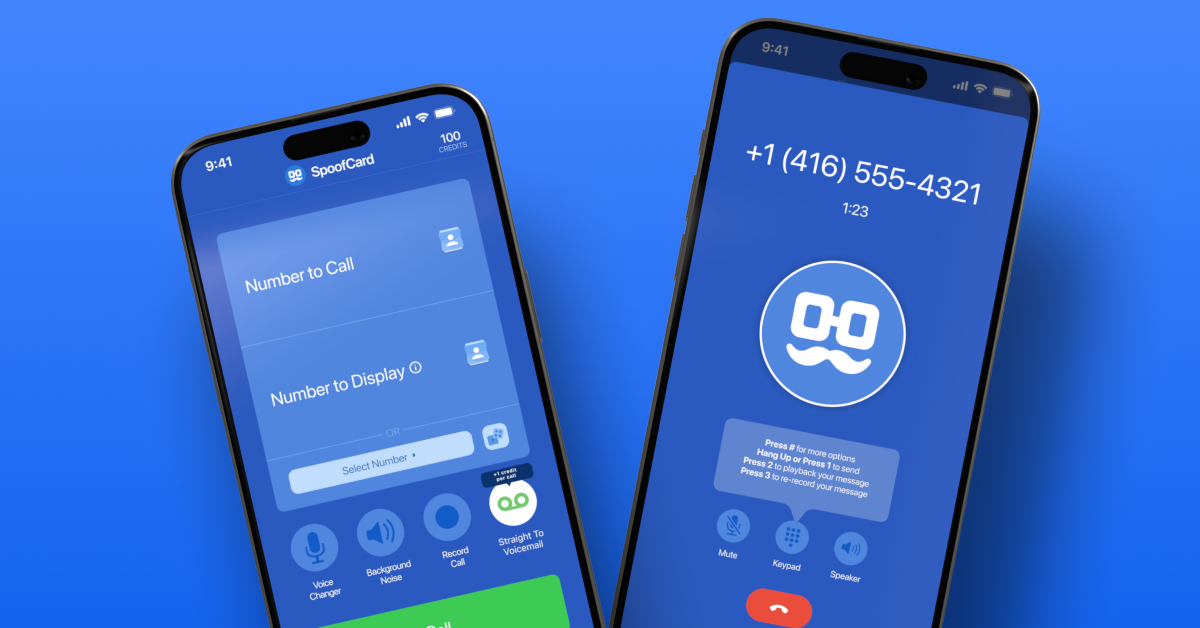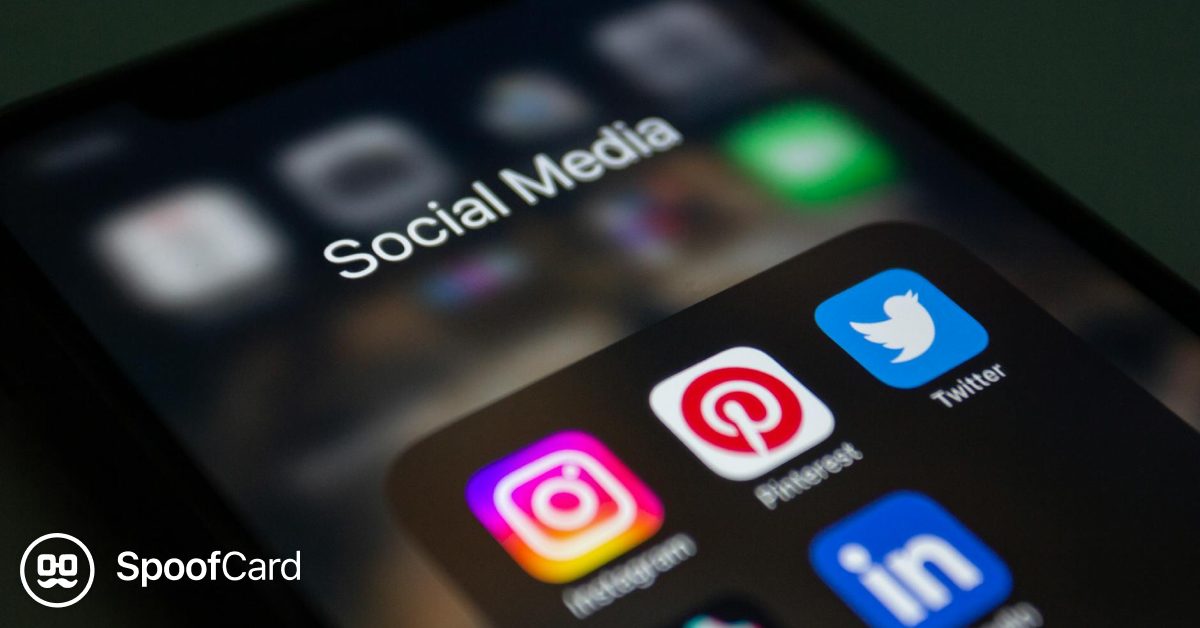H.R. 1258
Congress wants to criminalize legitimate uses of caller ID spoofing. Please call your senator today!
SpoofCard and the rest of the industry opposes H.R. 1258 because this bill prohibits all spoofing done with the “intent to deceive.” The problem is that anyone using caller ID spoofing is arguably doing so with the intent to deceive, even if their deception is either harmless or actually beneficial to society. The bill would essentially ban the use of caller ID spoofing. Earlier versions of the bill included language that would only ban the use of spoofing to cause “harm or obtain anything of value.” This “harm” language has now been dropped from the bill.
Earlier, Senate passed its version of the bill, S. 30, which includes fairer, more specific terms. The Senate version of the bill (S. 30) included language that would only ban the use of spoofing to “defraud, cause harm, or wrongfully obtain anything of value.” The issue is now back before the Senate, which has to decide whether to accept the House language or insist on the requirement that there be some intent to cause a “harm” before caller ID spoofing is illegal.
Please contact your senator’s office and ask to speak with the legislative aide handling the caller ID legislation. Urge them to support the Senate language in S-30 so that caller ID will only be illegal when it is used “to defraud, cause harm, or wrongfully obtain anything of value.”
Here’s a script to get you started and some great points to include:
“I urge Senator _______ to oppose H.R. 1258, the House version of the caller ID spoofing legislation and to support the language of S-30, the Senate version.
The House version uses very vague language that prohibits caller ID spoofing with the “intent to deceive,” which would refer to nearly all types of caller ID spoofing, even for harmless or professional use. I therefore support the Senate version of the bill (S. 30) because it would only prevent people from using the technology to commit fraud or cause harm.”
- “This technology affords me a much better level of personal security when calling people I don’t know.”
- “This technology allows me to conduct mystery shopping and other legitimate business activity, thus improving call center and customer service organizational responses.”
- “As a private investigator, I use this technology in looking for purposes that benefit society, such as locating criminals who have jumped bail and deadbeat fathers who fail to pay child support.”
- “As a lawyer, I use the technology to contact whistleblowers and witnesses whose identity needs to be protected.”
- “I use the technology as a telecommuter and or a distributed call center worker because I do not want my home number to appear in the caller ID readout.”
- “I am a [doctor, reporter, other professional] who must use my home phone or personal cell phone for business-related calls but do not want the people I call to view my personal number.”
Specific Language of the Two Bills
The bill in question, H.R. 1258, uses language that would essentially ban the use of caller ID spoofing even when done in a harmless manner or in a way that is beneficial to society. The bill states:
“CALLER ID INFORMATION.–
”(1) IN GENERAL.—It shall be unlawful for any person within the United States, in connection with any real time voice communications service, regardless of the technology or network utilized, to cause any caller ID service to transmit misleading or inaccurate caller ID information, with the intent to defraud or deceive.”
The Senate version of the same bill, S. 30, includes fairer, more specific terms. The Senate version of the bill (S. 30) included language that would only ban the use of spoofing to “defraud, cause harm or wrongfully obtain anything of value.”
PROHIBITION ON PROVISION OF INACCURATE CALLER IDENTIFICATION INFORMATION.—
”(1) IN GENERAL.—It shall be unlawful for any person within the United States, in connection with any telecommunications service or IP-enabled voice service, to cause any caller identification service to knowingly transmit misleading or inaccurate caller identification information with the intent to defraud, cause harm, or wrongfully obtain anything of value”.













